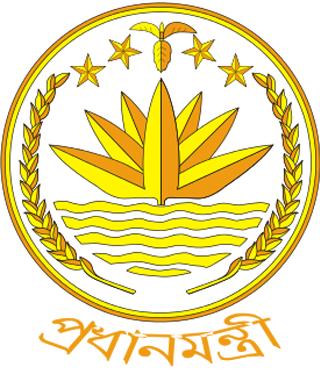FAQ , Labor Management
How does the Labor Act regulate the formation of labor union?
Oct 11, 2021
The Constitution guarantees the right to form associations or trade unions. In turn, the Labor Act (and EPZ Workers Welfare Association and Industrial Relations Act in case of EPZs) defines a framework under which trade unions may be formed. Trade unions are mostly formed at company level and required to have a membership of at least 30% of total workers. Labor disputes are regulated in a strict manner. A number of steps must be followed from the time a dispute is raised, through initial attempt for reaching an agreement between parties, to conciliation or conclusion either by arbitration or in court (if conciliation fails). Strikes or lockouts can be legally called only within a period of 15 days after a certificate of failure in conciliation. Fully or partially foreign-owned industrial establishments are legally sheltered against strikes for a period of three years from the commencement of production. The Labor Rules also includes progressive provisions that require companies to offer participation in profits to their employees. The companies with fixed asset value of over BDT 20 million must make a tax-deductible contribution of 4% of net profits to the participation/ worker’s fund with an additional 1% contribution to a welfare fund (partly for the Labor Welfare Foundation Fund operated by the Ministry of Labor and Employment).



